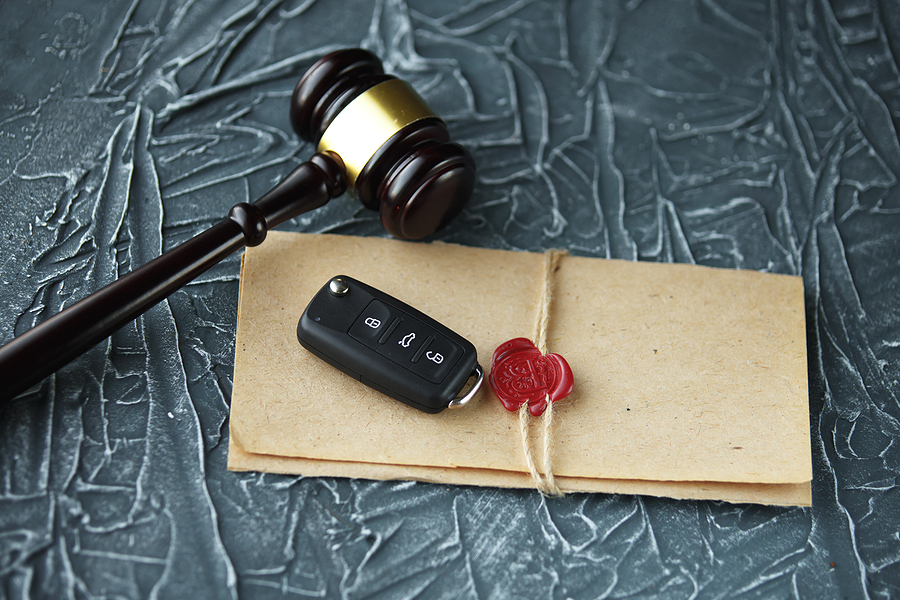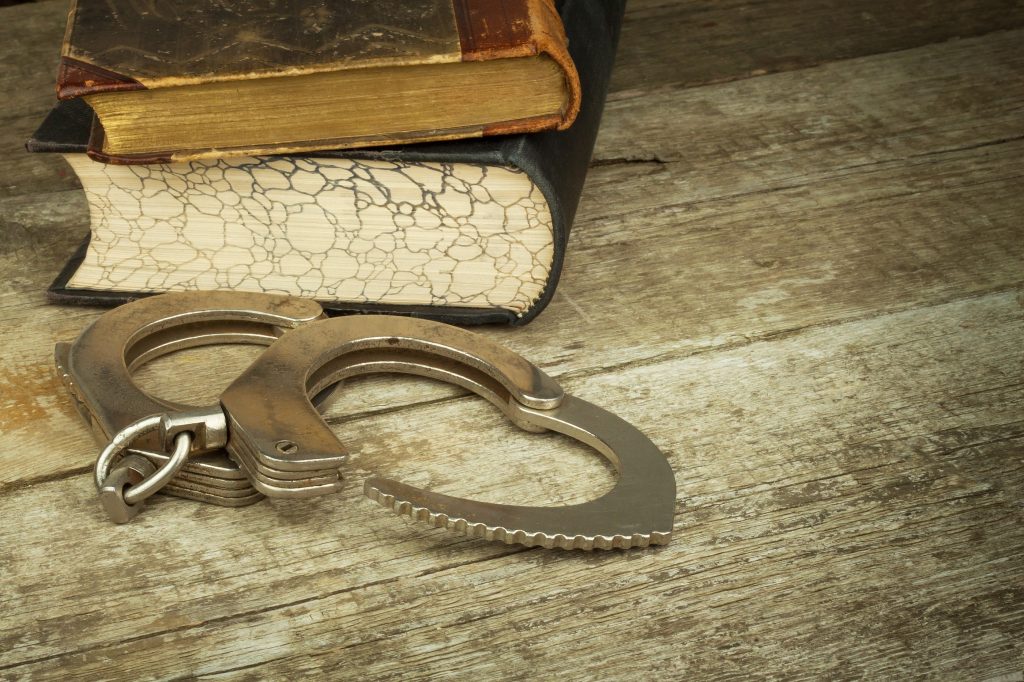I’m Attorney Mike Contant. A question I often get asked is, “Can the police search your car without permission?” It’s important to understand that there are circumstances where the police will be allowed to search your car even when you don’t consent. But they often won’t tell you what those situations are and you won’t know just by what’s going on.
Just Say No
So it’s very important if they ever ask for your consent or your permission to search your car that you just say no. That’s the first piece of advice I need to give you. If they say, “Hey, can we search your car?”, you politely decline and say, “No. I don’t want you to do that.”
When CAN They Search Your CarAnyway?
There are some ways that they will be able to search your car, even if you do say no. I’m going to go through a few of those right now.
They Have A Search Warrant
The first is if they actually have a search warrant to do it. That’s a piece of paper, usually. It’s granted by the court, typically by a judge or a court magistrate, after the police have gone to court, filled in some paperwork, including an affidavit setting forth enough facts to establish probable cause.
Essentially, a probable cause means that there are enough facts that the magistrate believes that there’s going to be evidence of a crime found in your vehicle. So they have to have a lot of information. It’s not just that they have a hunch or they think they might find something there. It’s very rare that the police are going to get a warrant to search your car, especially if you just get pulled over.
They Have Probable Cause
The second way they can get into your car and search your car is if they have probable cause. In other words, they have substantial information to believe that you’ve committed a crime and that evidence of that crime will be found in the car. They don’t always need a warrant as long as they can show later on to a judge that they had this probable cause, a substantial belief that you’ve committed crime and that evidence should be found in your car.
They’re Arresting You
Another way is if they’re arresting you for something. In other words, they’ve already established enough to arrest you for some offense. It could be any arrestable offense. You could be drunk driving. It could be related to drugs or guns or anything else. It doesn’t really matter what type of offense it is.
But if they had a valid reason to arrest you, they are allowed to search the passenger’s compartment of your car, any area that you could’ve put your hands on. They call it the lunge, reach or grasp rule, also called the wingspan test. And within that area, they’re allowed to search anything, including bags, jackets, or other things.
Fear For The Officer’s Safety
Another way that they may be able to search at least a portion of your car is if there is imminent fear for the officer’s safety. In other words, you get pulled over for something, maybe just a traffic offense, but something you do or say leads the officer to believe that he may be in danger.
You might be reaching for something. It might be that you look like you’re hiding something. Or he recognizes you and somehow he knows you have a bad record and you have weapons or things like that. Under those circumstances, they may ask you to step out of the car. And in so doing, they may pat or frisk you to see if you have any weapons on you.
And even if they don’t arrest you, they are allowed to go into the passenger compartment of your car, the area where you could lunge, reach or grasp and check it to see if there are any weapons. That’s another way they may be able to search your car.
Theoretically, they’re only supposed to be looking for weapons there. But if they find something else like drugs or some other type of contraband, they are allowed to use it because of that particular reason why they had you out of the car.
If They’re Going To Tow It
Another occasion when the police may be able to search your car without your permission is if they’re going to tow it. A typical example of this might be that you were in an accident and your car is not driveable so they have to tow it from the scene. Or if you’re being arrested for something else, like drunk driving or whatever, and there’s no one to drive your car home.
Your car could also be broken down for some reason and they would have to call a tow truck to take your car away. In those cases, they may also search your car, even though it’s not supposed to be a search for evidence but simply what they call an inventory search. That’s just a search where they go through the car to make sure they’re safeguarding any belongings and listing out everything that’s in the car.
And that’s actually meant to protect the police from claims by you later on that perhaps they may have stolen your wallet or something else of value you had in your car. So those are a number of the ways that the police can actually go through and search your car.
A Quick Review
I’ll just review those again quickly. The police can search your car…
- If they have a search warrant
- If they have probable cause to believe that they’ll find some evidence of a crime within the car
- A search incident at the same time as a lawful arrest of you will allow them to get into the car
- A search for the safety of the officer
That means that if there’s some reason for the officer to fear for his safety, they will be able to search for weapons within the car. Even if you’re ultimately allowed to leave, you’re going to be patted down, and they are allowed to get into the car and search that area to make sure that you’re not going to retrieve a weapon once you get back in the car.
And the last is if they’re going to tow the car. In that case, they call it an inventory search just to make sure they’re accounting for all of your valuables so that you can’t claim later on they stole something from you.
If You Have Questions
If you have any questions about when the police are allowed to search your car or your person or about any of your privacy rights guaranteed under the Constitution, please feel free to give me a call or shoot me an email. I’d be happy to speak to you about it.






